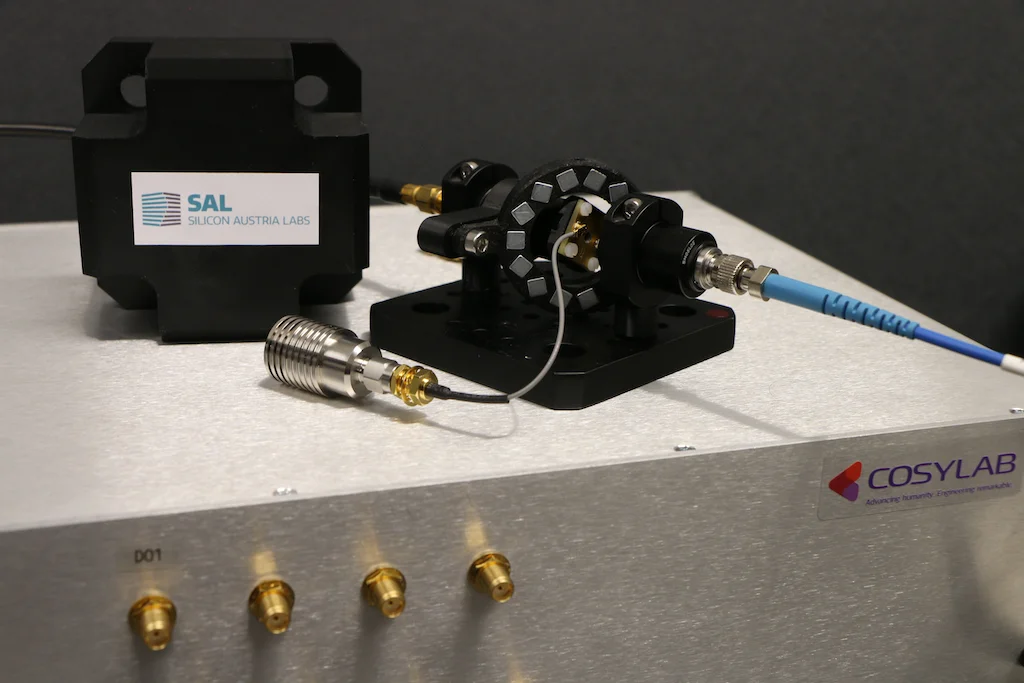By Steve Brierley, founder and CEO of Riverlane
The UK government is investing more than $3bn over the next ten years, hoping to become a world-leading quantum-enabled economy by 2033. It’s a welcome investment that will help the UK quantum sector maintain the impressive momentum built over the previous 10 years.
By comparison, China has committed at least $4 billion (with some sources claiming $17+ billion) to quantum computing. The upper end of the range is approximately double the total committed funding across the EU (or four time that in the US). Indeed, the UK may ultimately invest less in quantum computing than some individual global tech companies.
As the UK can’t keep up with this investment pace, a smart UK strategy will focus on areas where there’s already deep expertise and strong momentum. One such area is quantum error correction and, more specifically, in addressing the ‘TeraQuop Challenge’.

A TeraQuop quantum computer is one that can execute a trillion (Tera) Quantum operations (Quops) before a single logical error occurs. This compares to a few hundred error free quantum operations on today’s fastest machines.
This TeraQuop threshold is important because this represents the scale at which quantum computers start to solve problems that are intractable for any supercomputer. In other words, addressing the TeraQuop Challenge helps get us to the point where quantum computers become useful.
To reach the TeraQuop scale, improvements are needed across the three layers of the quantum computing stack: the quantum bits (qubits), quantum operating system (the middle layer controlling the qubits and correcting errors) and end-user applications.
The UK quantum strategy is focussed on all three areas with a strong focus on end user applications. This makes sense. Payback on the government’s investment will come when industry and consumers experience tangible benefits.
While investment in quantum applications is worth continuing, it will be for nothing if we don’t develop the quantum OS and qubits to run these applications.
There are many proposed qubit technologies. We still do not know which qubits will scale to the size required for quantum computers to unlock the real potential of quantum computers.
The quantum OS will work across qubit types. But it must address the TeraQuop Challenge, being both fast and accurate enough to control qubits and decode vast amounts of information to make every qubit count and live as long as possible.
This quantum OS will need both specialist chips and quantum expertise to run. It’s also the layer of the quantum stack where the UK can lead thank to our existing expertise in both quantum computing and semiconductor chip technology.
Our rich ecosystem of top universities and quantum computing companies, supported for the past decade by $1+ billion in seed investment by the UK government (the first country to do so), has resulted in the most quantum tech start-ups in Europe.
When it comes to semiconductor chip technology, operating a TeraQuop quantum computer requires control electronics, which can scale to control millions of qubits. This requires the development of dedicated semiconductor chips.
The UK already has a blueprint for how to lead the semiconductor industry. UK chip design company Arm, which designs the chips and IP that power 90% of the world’s mobile devices, is a prime example of the UK’s success in a crucial part of the technology stack – engineering the chips that are the brains of the computer. In a similar vein, we can think of the quantum OS as “the brains of the quantum operations”.
Developing the world’s quantum OS in parallel with developing the qubit layer is a smart bet. If one of these qubit approaches is capable of scaling to millions of qubits, the UK has won twice. We have both the qubit and OS layers required to create world-leading quantum computers.
It’s a future-proofed strategy where the UK can play to its unique strengths to enable and accelerate quantum computing everywhere.
Steve Brierley is the founder and CEO of quantum engineering company Riverlane.
For more market insights, check out our latest quantum computing news here.














